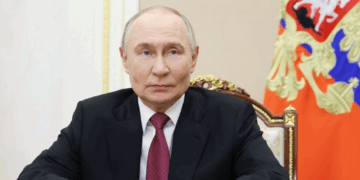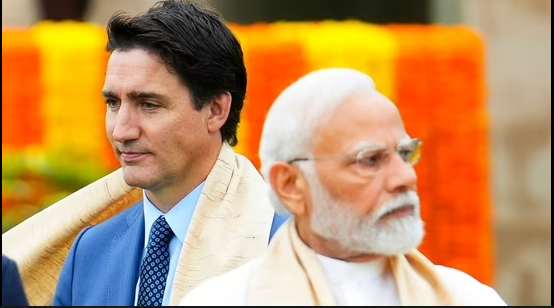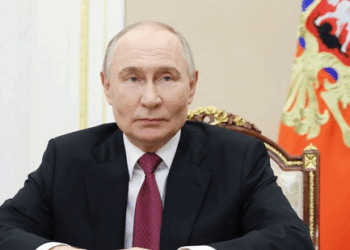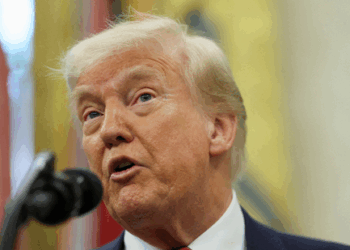This move by India represents an extraordinary step, as it has suspended new visas for a Western nation, signalling a deepening strain in India-Canada relations. The announcement comes in response to Prime Minister Trudeau’s allegations, which India claims have not been substantiated with specific information.
The escalation also follows reports of threats received by some Canadian diplomats in India via social media platforms, prompting Canada’s high commission in India to announce a temporary “adjustment” of staff presence.
However, Indian foreign ministry spokesperson Arindam Bagchi clarified that India’s request for diplomatic staff reduction was intended to achieve parity between the missions of the two nations. Bagchi cited “security threats” to Indian staff in its consulates in Canada as the reason for the request, although India has not provided any evidence or details regarding these alleged threats. In response, Canada’s Public Safety Minister Dominic LeBlanc asserted that Canada remains a safe country.
The recent deterioration in India-Canada relations began when Prime Minister Trudeau raised “credible allegations” regarding potential involvement by Indian government agents in the murder of Hardeep Singh Nijjar in British Columbia in June. India has categorically denied any links to the alleged murder, and Canada has not provided specific details about why it suspects Indian involvement.
The dispute has led to a tit-for-tat expulsion of senior diplomats and reciprocal travel advisories between the two countries. Furthermore, it has cast a shadow over trade ties, with discussions on a proposed trade deal suspended.
While the rift between India and Canada has been exacerbated by the issue of Sikh separatists, analysts have also highlighted the political influence of Sikh protesters in Canada as a contributing factor. The dispute is beginning to pose a threat to trade relations, with industry estimates suggesting that a Comprehensive Economic Partnership Agreement (CEPA) between Canada and India could potentially boost two-way trade by up to $6.5 billion.
The situation continues to evolve, and its repercussions are being closely monitored by governments, analysts, and stakeholders on both sides, with concerns extending to the potential damage to diplomatic, trade, and economic ties between the two nations.








 India
India












